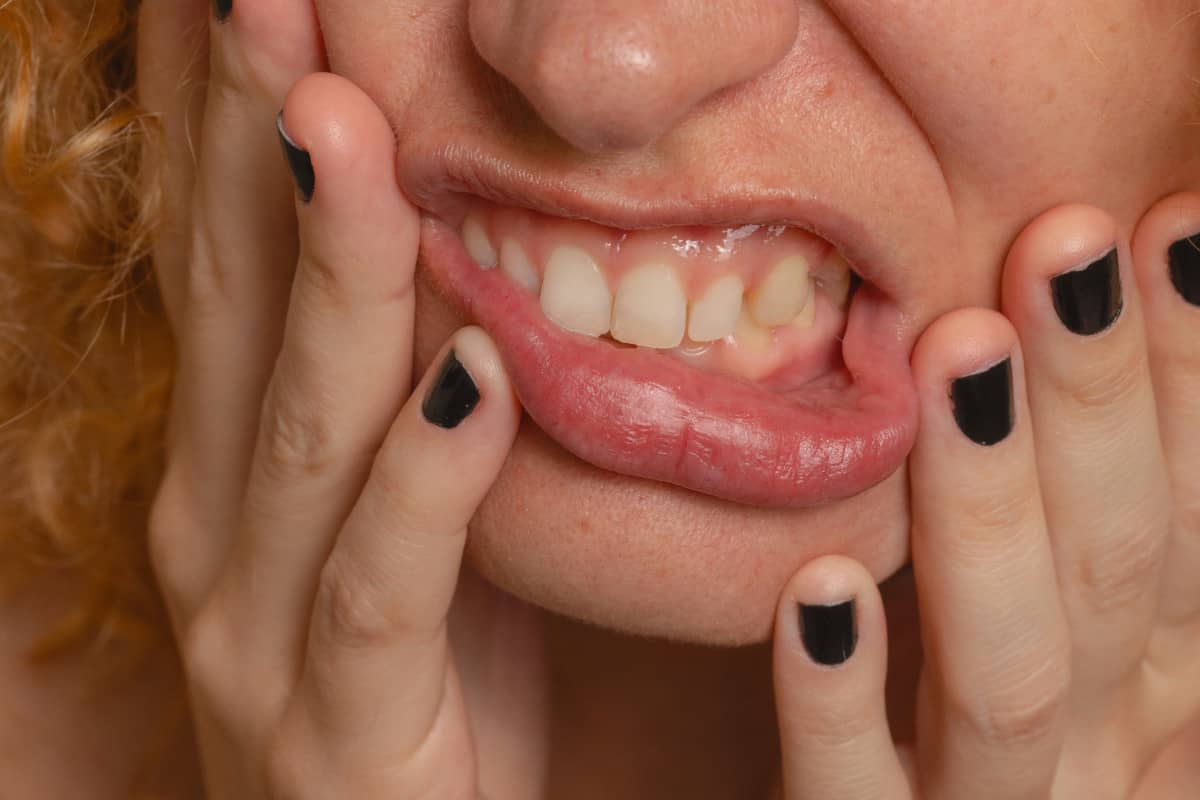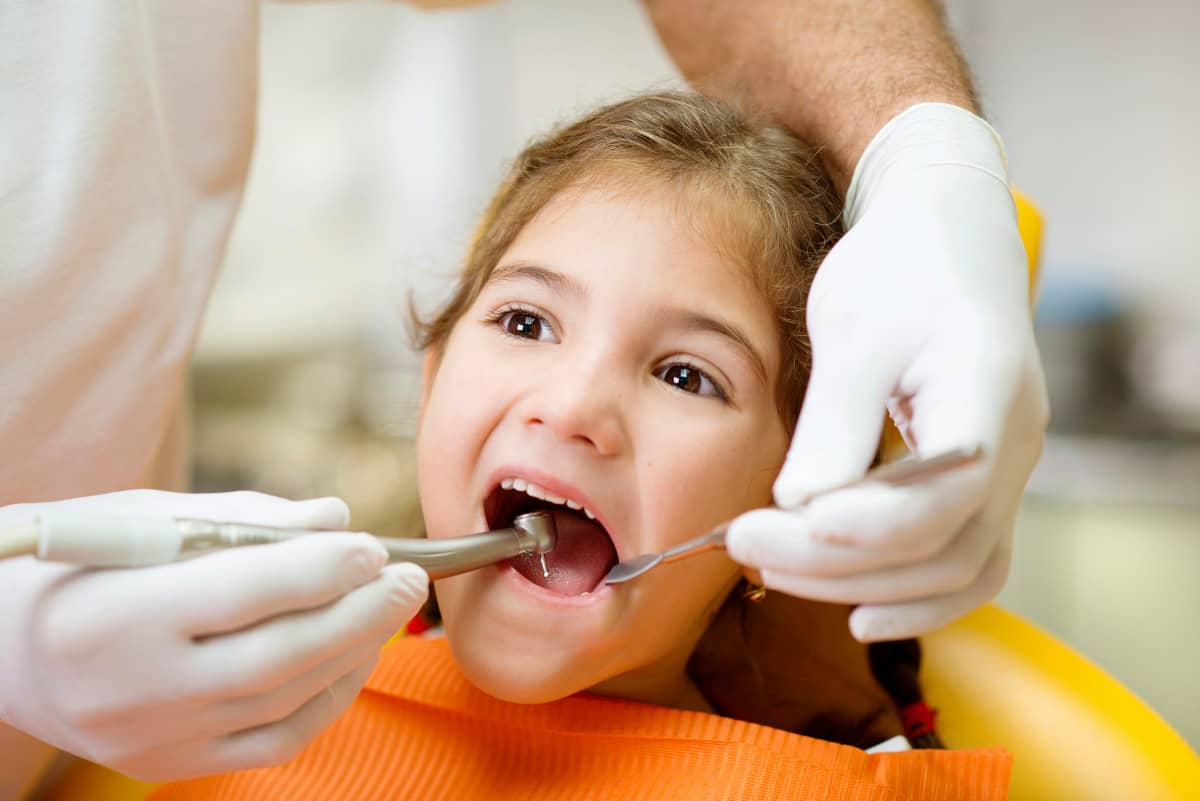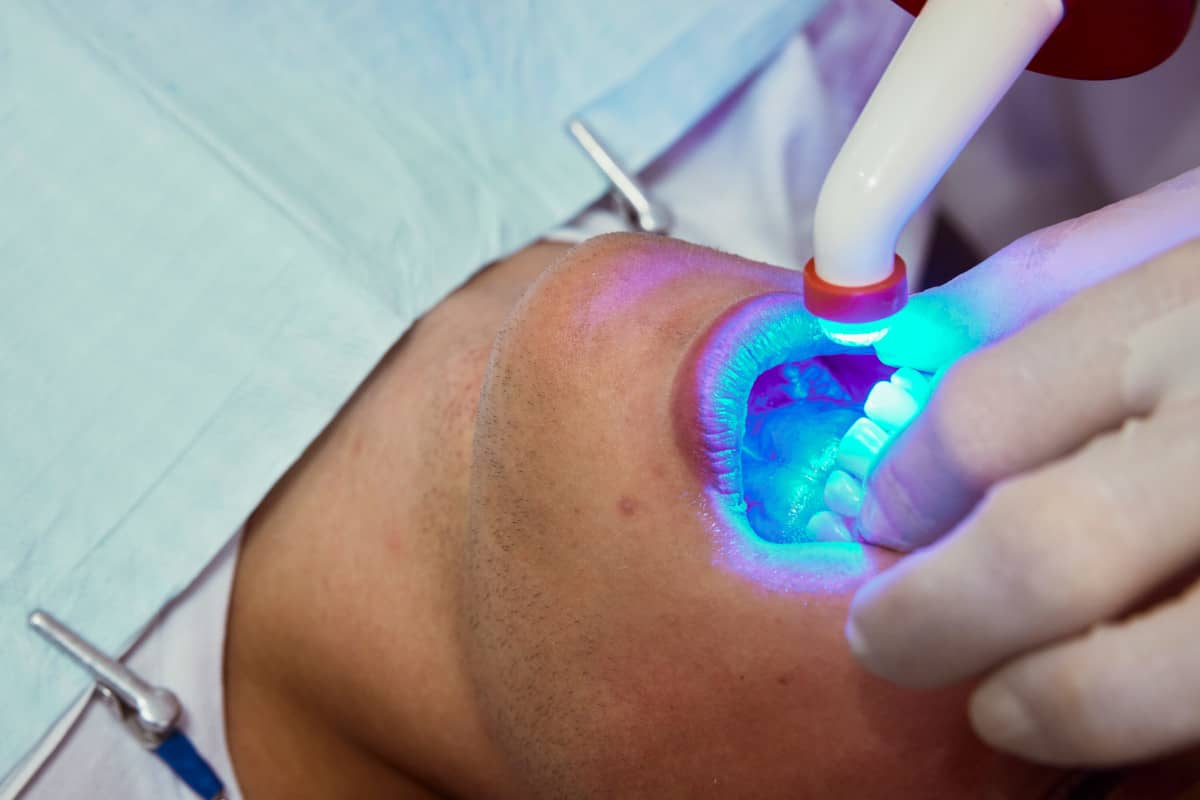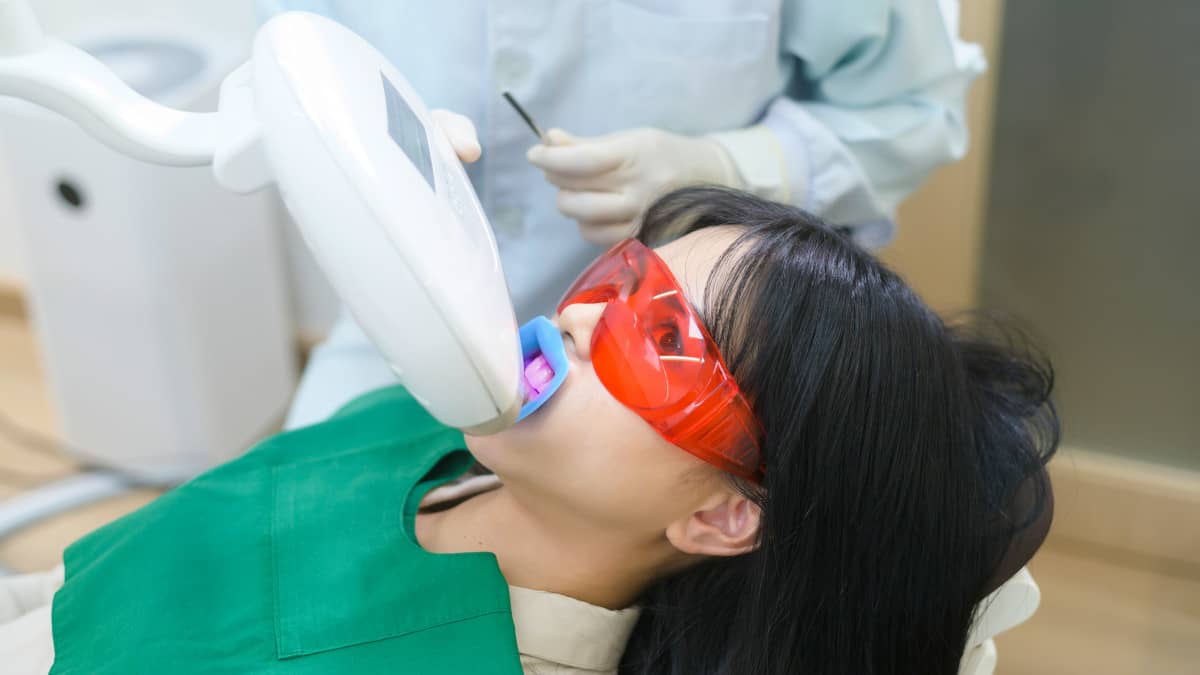Complications of piercings

Fashions often take their toll.
Until a few years ago, there was no self-respecting teenager/young person without a piercing. And now, we read that a badly placed piercing can cause infections and discomfort beyond the discomfort of the first few days.
One in five young people who get piercings suffer some kind of medical complication.
“There is a significant incidence of medical complications in students with piercings,” says Dr Lester B. Mayers, head of the university’s Department of Medicine and Sport, who conducted the study. He found that 52 per cent of the students had a piercing and 17 per cent had experienced medical complications from it. “If the prevalence we found is representative of this age group, the occurrence of complications is substantial and growing, as are the costs to the health care system.
Spanish dentists also warn about injuries
During the recent First Symposium on Odontostomatology for dental hygienists organised by the Spanish Association of Dental Hygienists and Dental Assistants (AHIADEC), this group also warned of the risks of mouth piercings, recommending that professionals preferably with medical training should be used to place these decorations.
The most common complications in these cases are allergies, reactions in oral tissues or mucous membranes, various infections, ingestion of the piece, skin, nerve or vein lesions, scars and dental fractures.
A badly placed piercing can cause infections and, even if it is well placed, it can cause different injuries inside the mouth by hitting the teeth when speaking.
To avoid this, the odontostomatologists called for more training for the professionals who place these ornaments and for the health standards of the establishments where this activity is carried out to be regulated, as the Generalitat de Catalunya has recently done.




